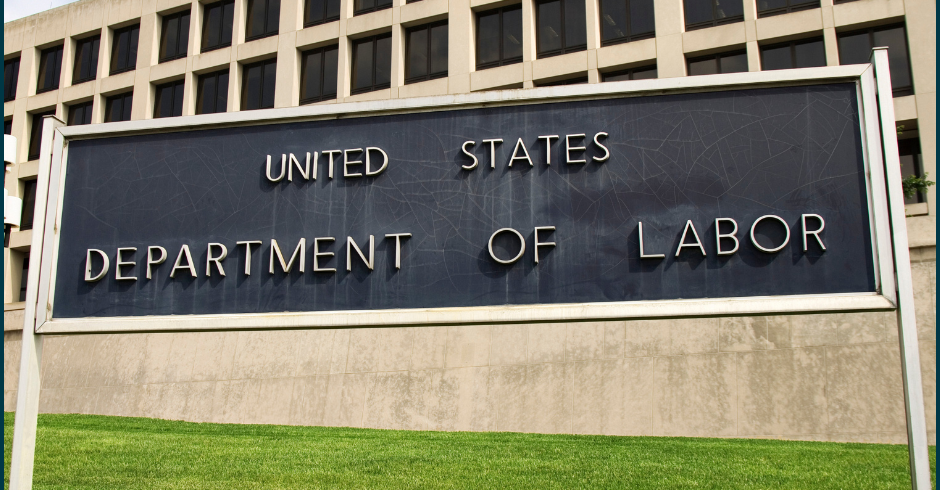Many employers have policies that prohibit employees from using the company email system for purposes that are not work related. In 2007, in a case called Register Guard, the National Labor Relations Board (“NLRB” or “the Board”) considered a challenge to such a policy on grounds that such a prohibition amounted to an infringement of the Section 7 rights of the employees. In that case, the Board flatly stated that “employees have no statutory right to use the[ir] Employer’s e-mail system for Section 7 purposes.” However, the Register Guard decision will now be reconsidered by the NLRB.
Late last year an administrative law judge applied the Register Guard rule and upheld an employer’s blanket prohibition against using its email system for non-work-related purposes. The General Counsel of the NLRB and the union have appealed that ruling and are asking the NLRB to overturn the Register Guard rule. The NLRB has publically requested briefing on the issue, indicating that it will take a long and hard look at it.
The General Counsel will ask the Board to hold that employees have a Section 7 right to use their employer’s email system for Section 7 purposes, which includes mobilizing support or opposition to a labor organization, or discussing issues affecting employees in the workplace. Historically, employees have discussed these matters face to face in places like the cafeteria or break room. However, the General Counsel argues that email has revolutionized communication in the workplace such that it has largely taken the place of the classic “water cooler” talk of years ago. Thus, given the realities of communication in the 21st Century workplace, the argument goes, forbidding the use of the company email system for Section 7 purposes violates the National Labor Relations Act (“NLRA”).
The Board’s decision in this case could have a significant impact on employers whose employees communicate through electronic systems. If the Board overrules Register Guard and holds that employers must allow their employees to engage in Section 7 communications via email, many employers will need to revise their email policies to comply with the ruling.
It is also worth noting that email is not the only form of communication that has revolutionized how employees interact with one another. Will employers be able to stop employees from engaging in Section 7 communications with each other through company social media pages? Given the prevalence of such electronic forms of communication, this Board decision could have an impact far beyond its immediate facts.
For more information about this or any related legal matter, please contact any member of the KDDK Labor & Employment Law Practice Team.






